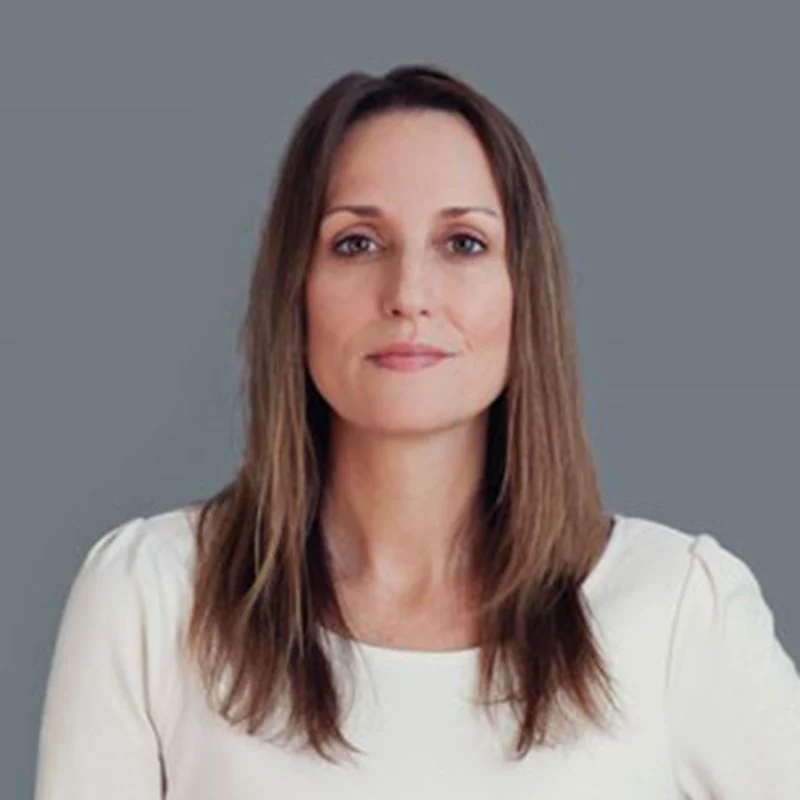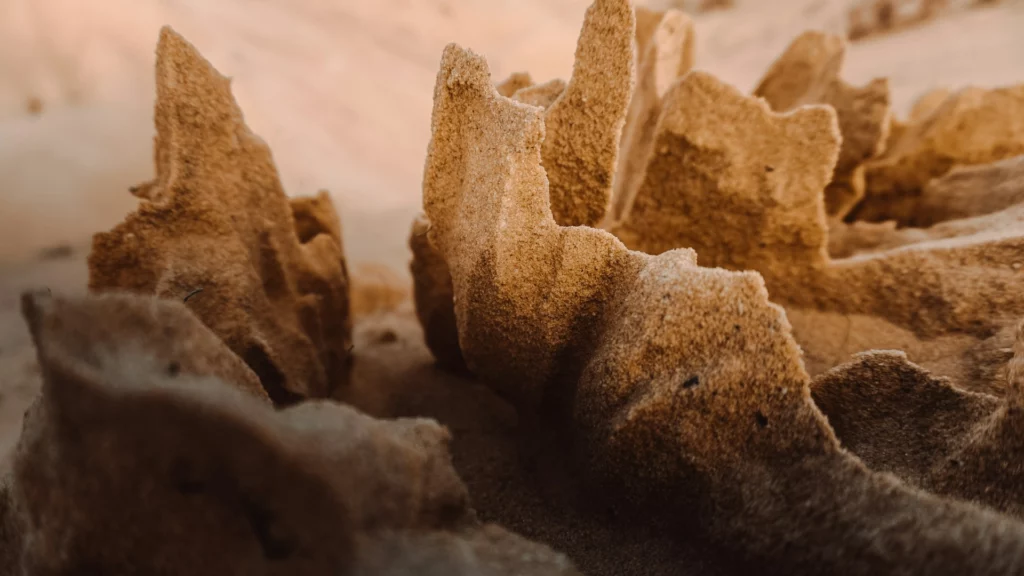In the face of funding cuts threatening U.S. science, a grassroots initiative is encouraging researchers to return to their roots by writing for local newspapers. The hope is to rebuild trust and demonstrate the importance of science, explains co-founder Jessica Cantlon in the interview.
“One goal is to equip the readership with the facts they need to defend science”
You founded Science Homecoming, a project that aims to motivate scientists to publish articles in local newspapers from their home communities, due to the ongoing attacks on science funding in the USA. Why do you think this is an effective countermeasure?

Although scientists have increased their efforts to communicate their work to lay audiences, there is a growing divide between scientists and the general public in the United States. Local communication often takes place in university towns, where scientists tend to live. Additionally, scientists tend to communicate their work in major publications such as the New York Times, the Washington Post, and National Geographic. People in rural communities and smaller towns don’t read these as much as people in bigger cities or university towns do.So, a gap has emerged in what people are hearing about science.
Smaller papers used to be very popular in the United States. Although their popularity has started to wane, their readership remains stable. While we don’t believe that publishing in local newspapers is the only tool that should be used, we do think it’s an important one. The idea is that scientists can reconnect with the smaller communities they come from.
What exactly are the benefits of this reconnection?
One advantage of small papers is that even if they only reach a small readership, the information still makes its way into people’s conversations. People who are engaged in their local communities tend to read local papers.They’re also the people who have large social networks.
This is an important foot in the door. We’re not debating the importance of science. Most people accept that it’s important. However, people have become so comfortable with the advantages of science, such as longer lives and steadily improving economic conditions over the last several decades, that they are starting to take those things for granted. They forget what tax money does once it reaches the scientific community, and the benefits to their quality of life, health and economies that science provides. We’re trying to refresh people’s memories about where the quality of life they enjoy comes from. Because I think one of the side effects of taking science for granted is a loss of trust in scientists.
The scientists write opinion pieces in which they describe their way from their hometown to entering the field of science and explain why they think science is important. Why do you think this personal perspective is important for building trust? Is it not enough to report on their research objectively?
Authenticity is important because people are more likely to trust a researcher who comes from the same place as them. This is also part of the hometown mission, which involves scientists talking about places they are authentically from in their own voices, so they can say: ‚I grew up here. I am one of you. I was educated by people in this community. This gave me the foundation I needed to pursue a career in science.“ This narrative creates an authentic connection and makes it possible for people to trust the scientist’s voice. It also helps people communicate about the article. They can say: ‚Hey, I read in the paper today that there’s a kid from John’s elementary school who’s a scientist now. They’re saying that the president is going to cut their funding.‘ This can spark authentic conversations about science in these small communities.
You said you want to remind people of the benefits of science. But what would you like to achieve in the long term?
Even people who support science and would not want American science to be defunded sometimes struggle to articulate why and how they would defend it when the conversation starts. They lack the language, facts and information. One goal, therefore, is to equip the readership with the facts and information they need to defend science and explain to others why it is worth investing in.
We hope that this information will motivate people to write to their congressional representatives, make a case in a town hall meeting, or talk to local representatives about the importance of science.
We also hope that other countries might learn from our experiences. Scientists are all on the same team, regardless of their country of origin. When a political pattern emerges in one country, it may be repeated in others.
What is this writing process like for scientists? I imagine that many of them haven’t written anything before.
It’s hard for scientists to open up and reveal their personal side. None of us are accustomed to writing about science in this manner. However, I believe it has been a valuable experience for them, as scientists are not used to having to defend science, which has had bipartisan support for as long as anyone can remember.Consequently, they are not fluent in the language of defending science. So that’s a learning process for them. We’ve also heard lots of positive comments about scientists reconnecting with childhood teachers or old friends, and how this is helping their communities rally around them and science.
For many scientists, writing is a new experience. How do you support them through this process?
We have a team of professional science communicators who volunteer to edit these articles. We also help them connect with local newspapers. We have a big map where you can click on any county to see which small-town papers are active there. We also provide them with resources containing facts and figures about the benefits of science to these communities. Sometimes it’s at state and sometimes at county level.
In political discourse about scientific research, you can hear people saying that money is being wasted or that there’s fraud. Most of these are second-hand myths spread around on the internet.
People just have a general suspicion. It’s difficult to engage with such sweeping comments that aren’t supported by evidence. What could you say to such a person? Luckily, though, these people are in the minority.
So far, we haven’t equipped scientists with the necessary debate resources. This is partly because we haven’t engaged in a serious counterpoint to funding science, yet. It’s not clear what strategy should be used to combat these myths about waste or fraud other than presenting people with the facts about the benefits.






